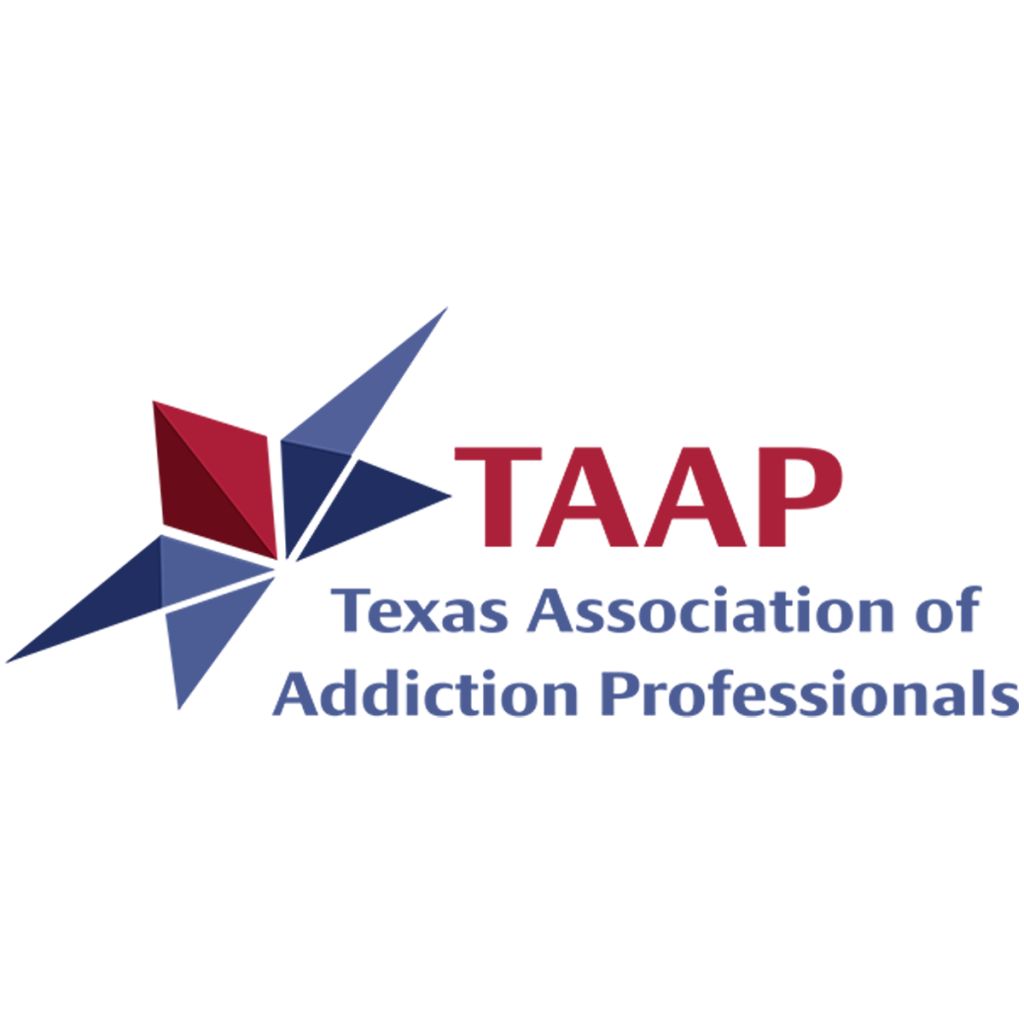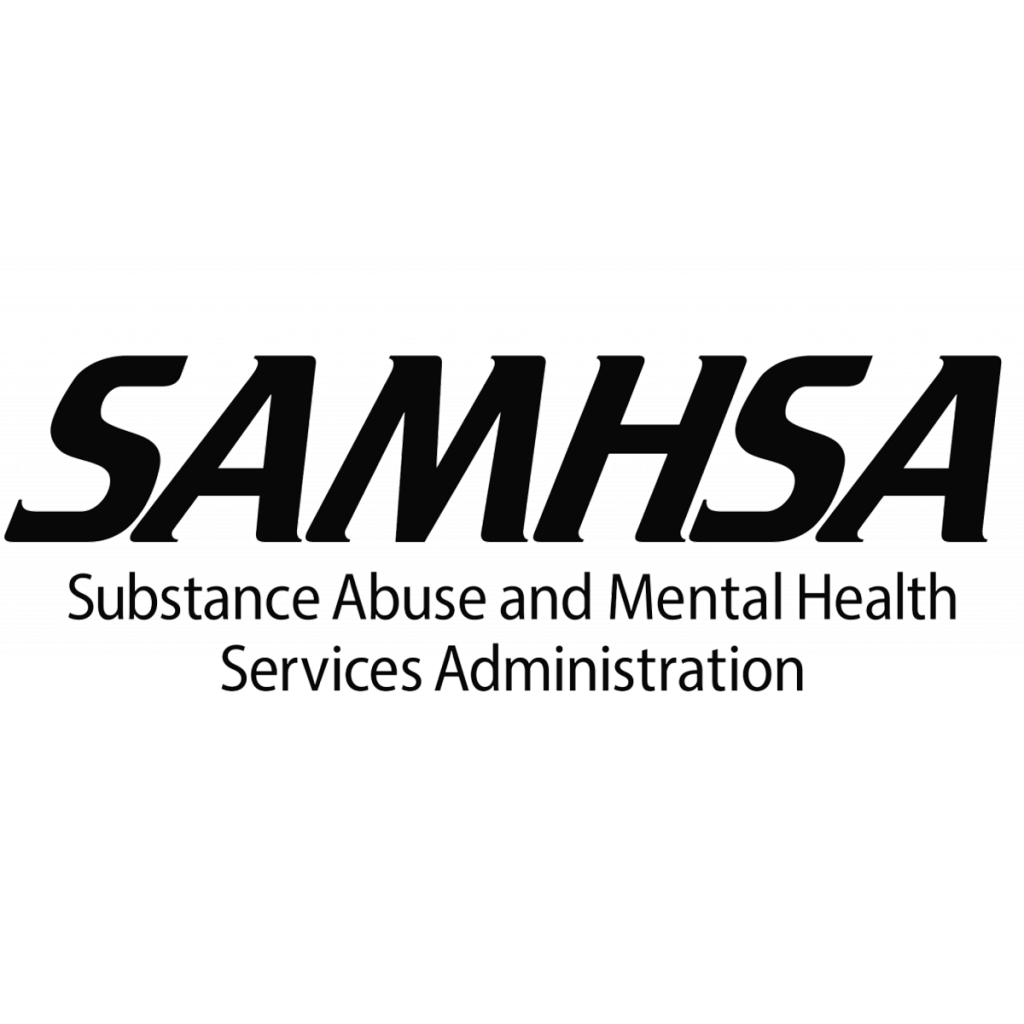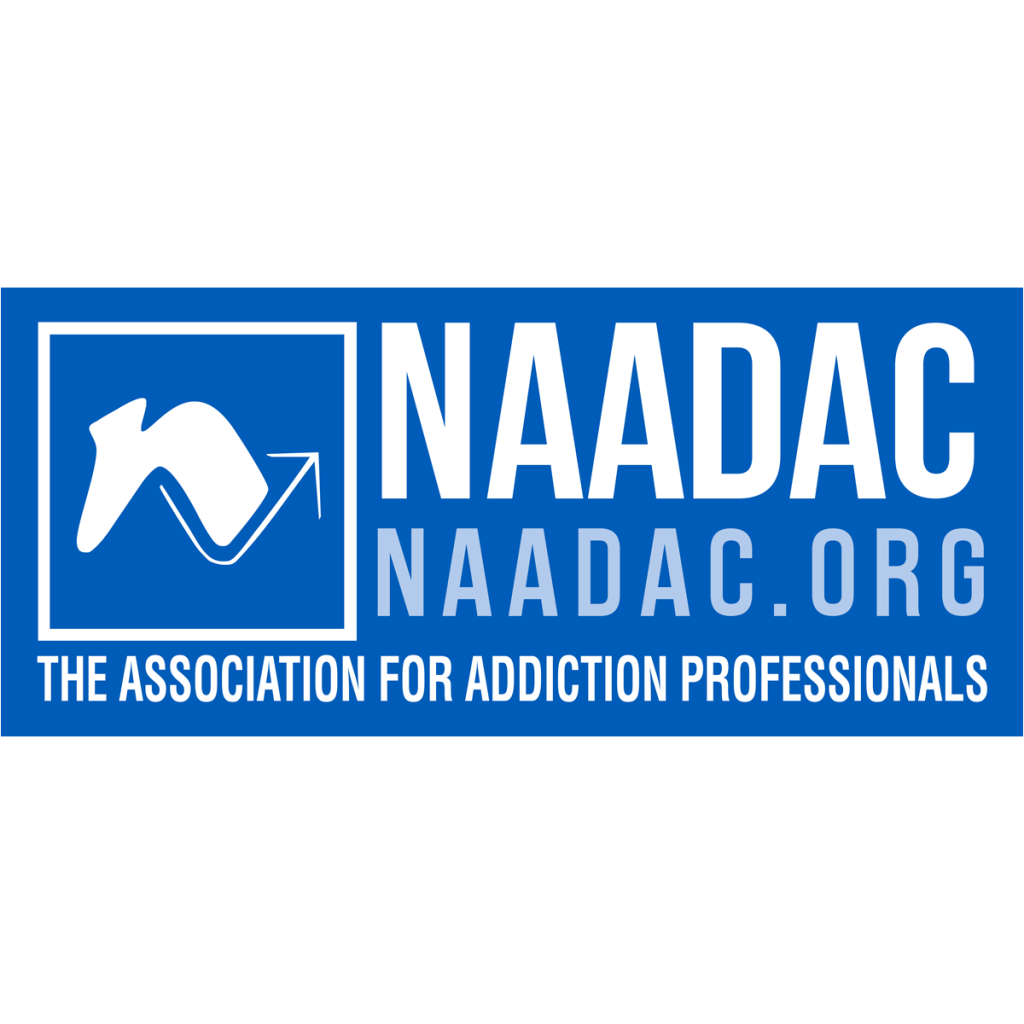Effexor Withdrawal Symptoms: What to Expect & Do
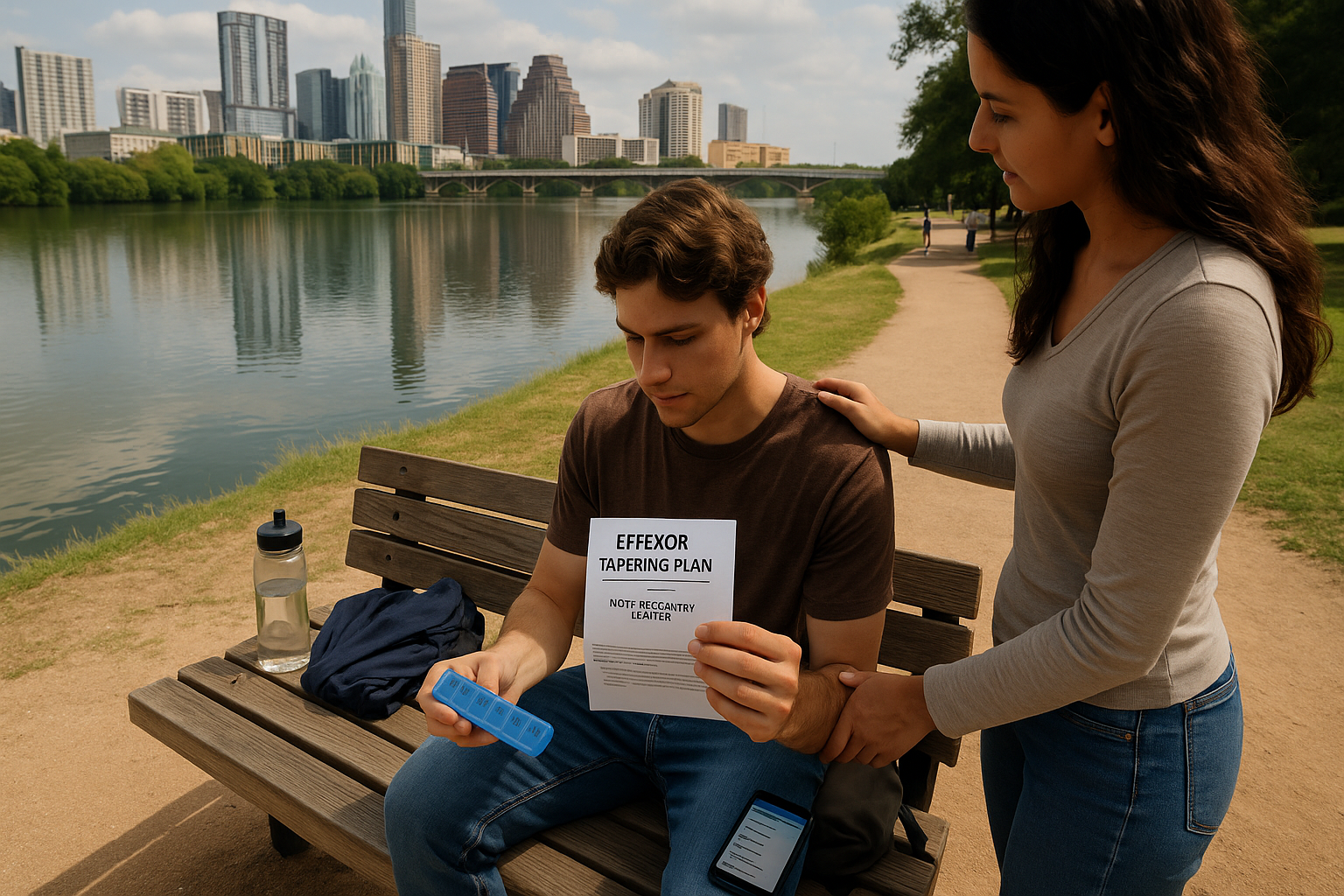
Effexor Addiction: Side Effects, Detox, Withdrawal, and Treatment
Table of Contents
Effexor, also called venlafaxine, is a prescription drug used to treat depression and anxiety disorders. It helps balance brain chemicals like serotonin and norepinephrine. These chemicals affect mood, sleep, and focus.
Doctors may prescribe Effexor for both short term and long-term use. But if someone suddenly stops, they might experience serious symptoms. These symptoms can be hard to handle alone.
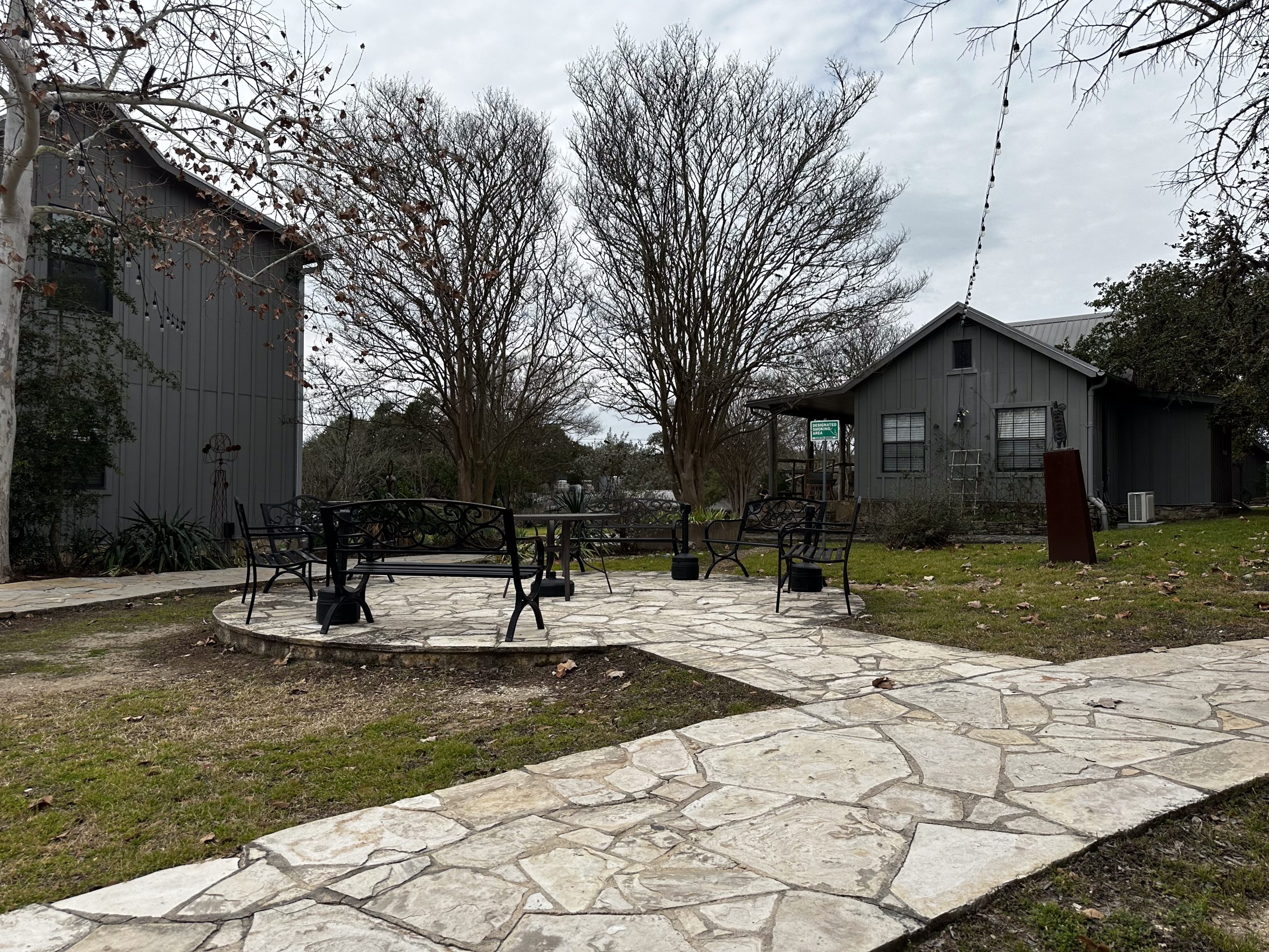

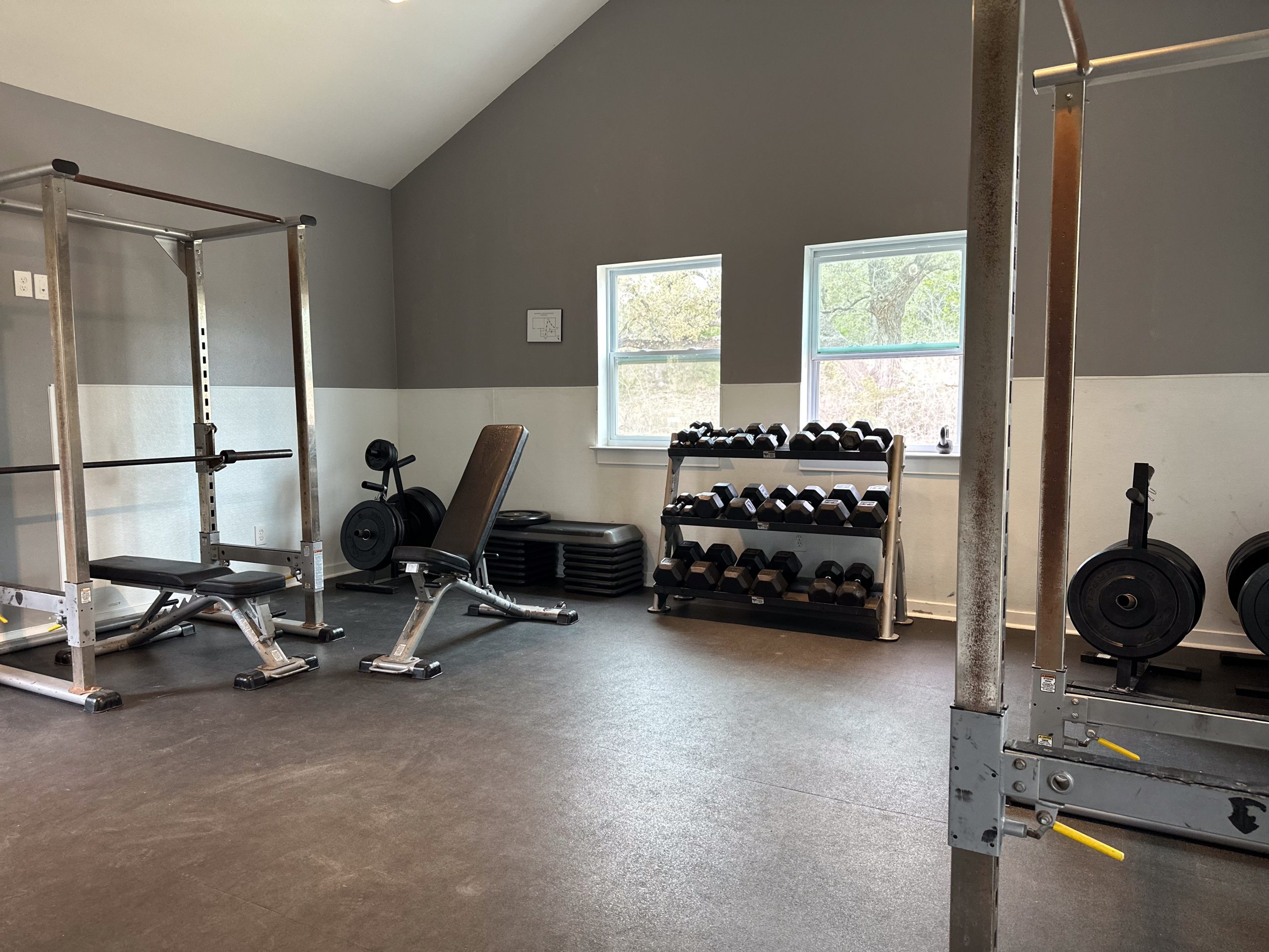
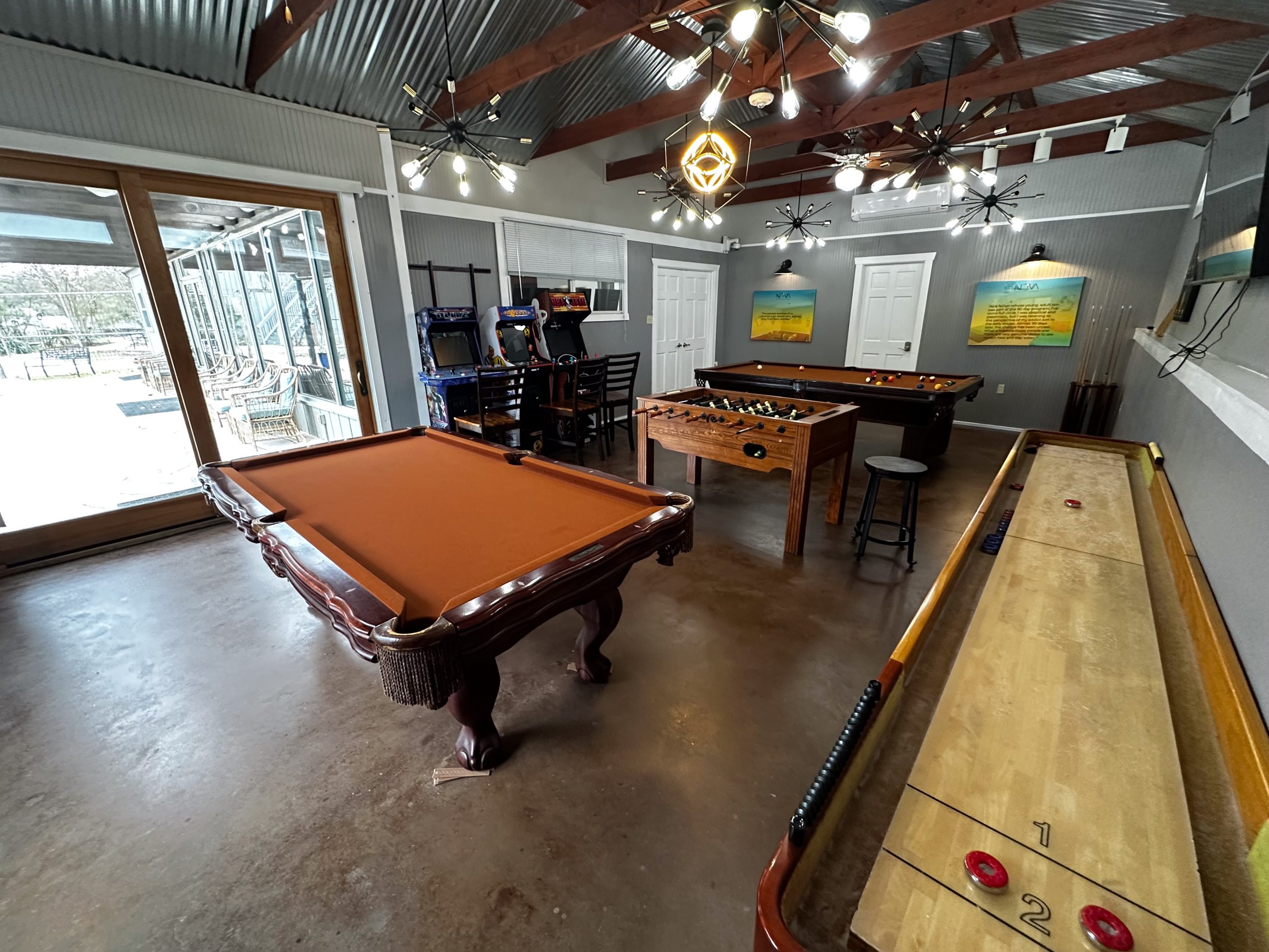
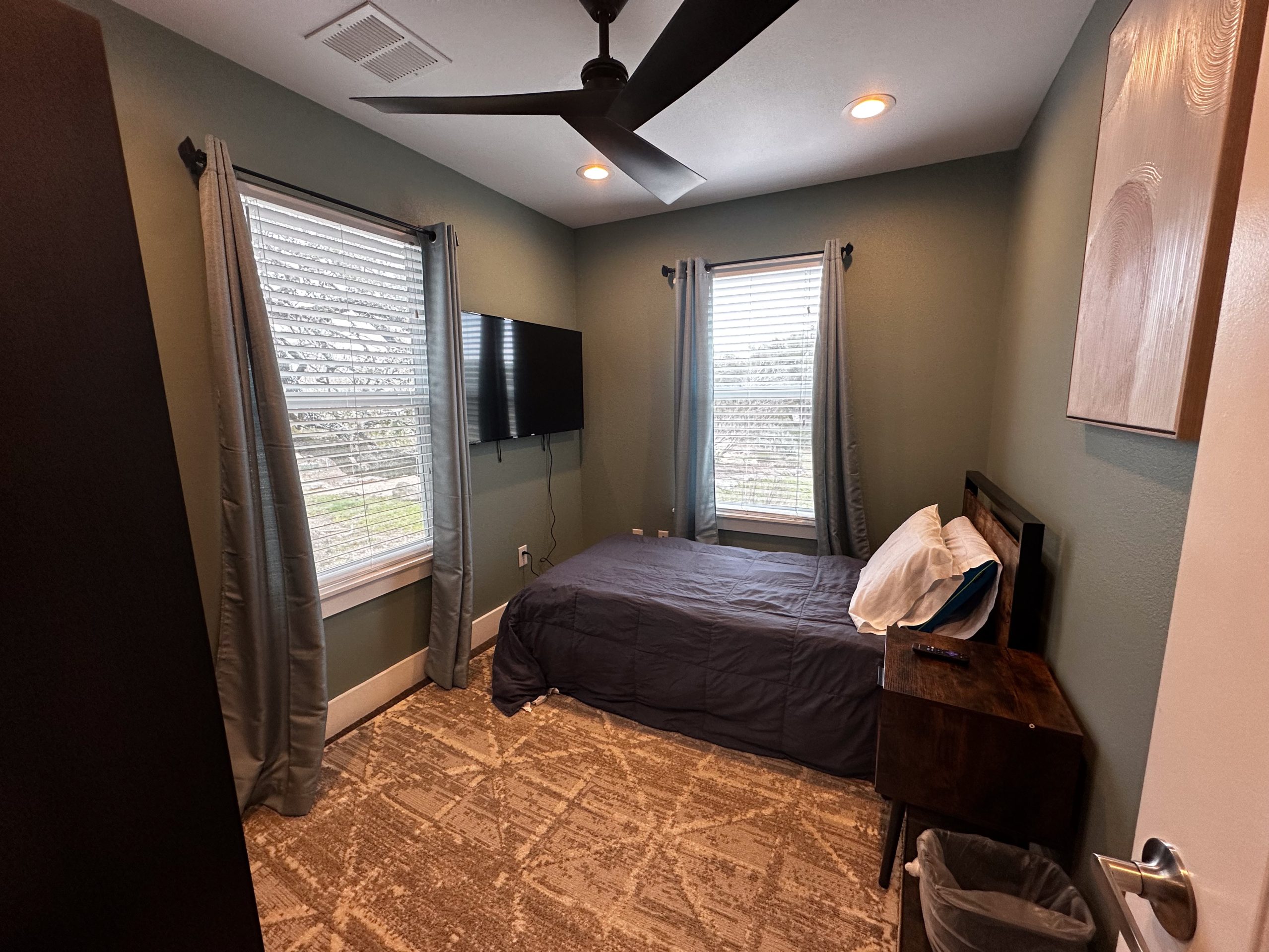

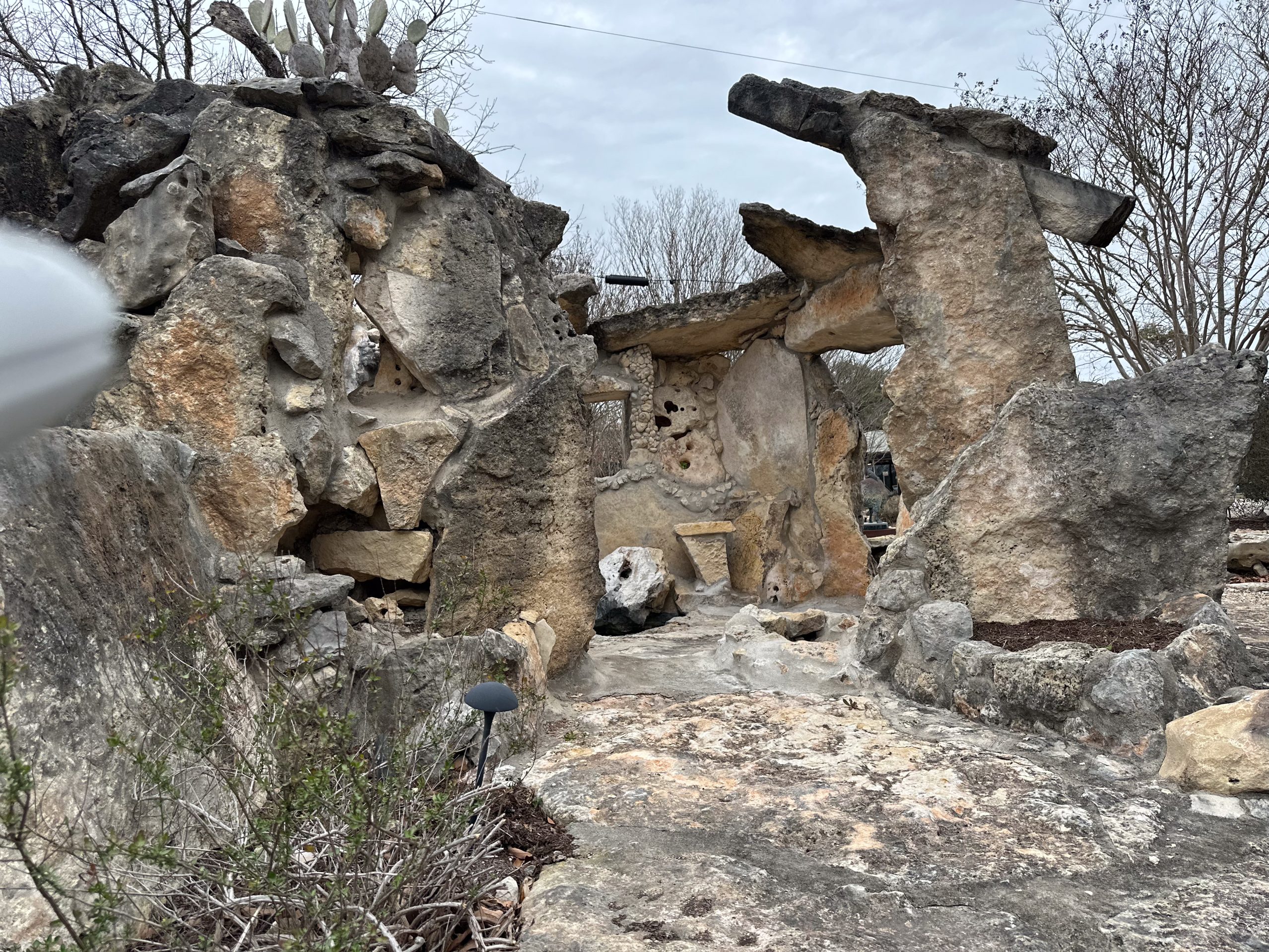
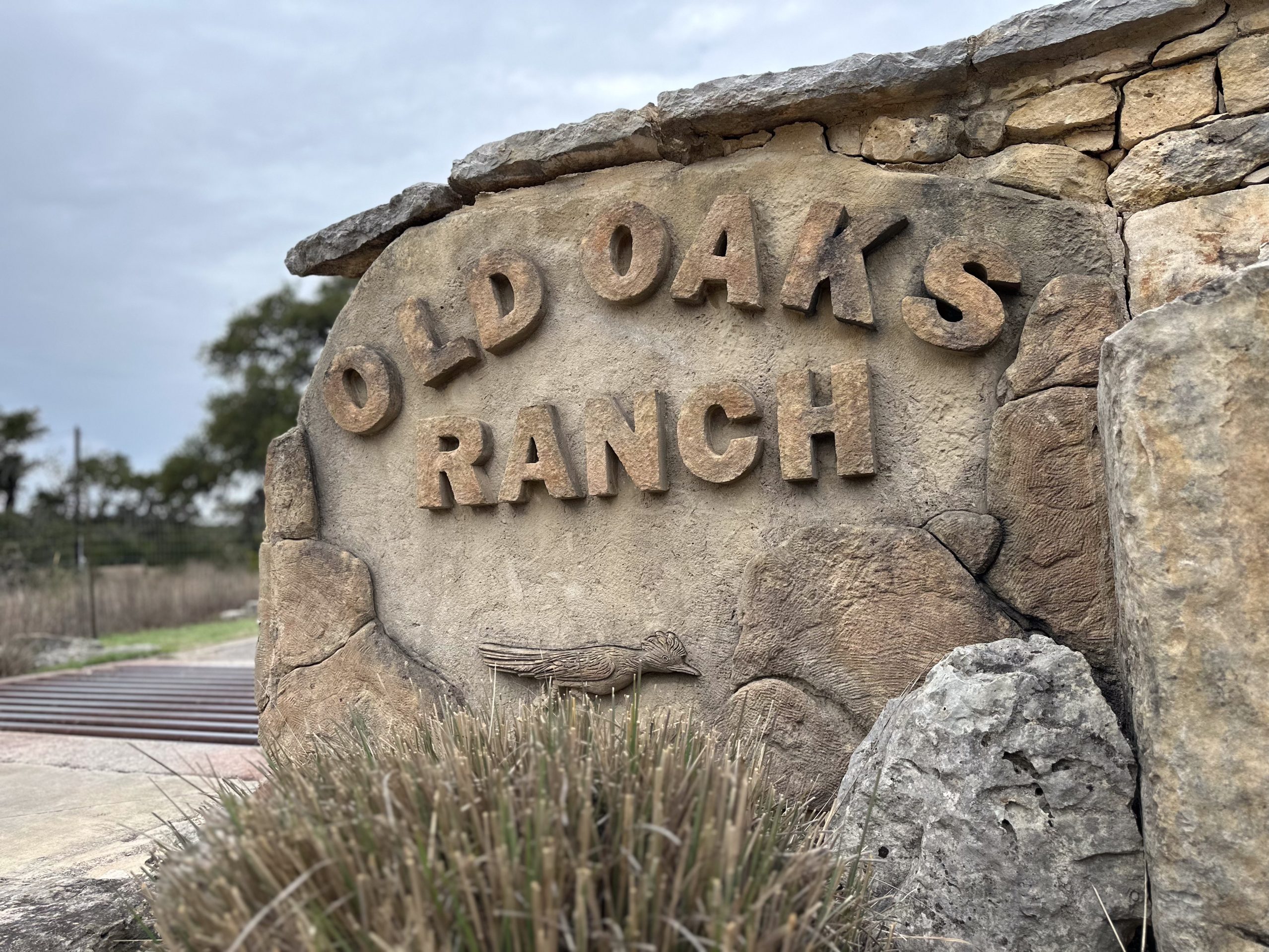

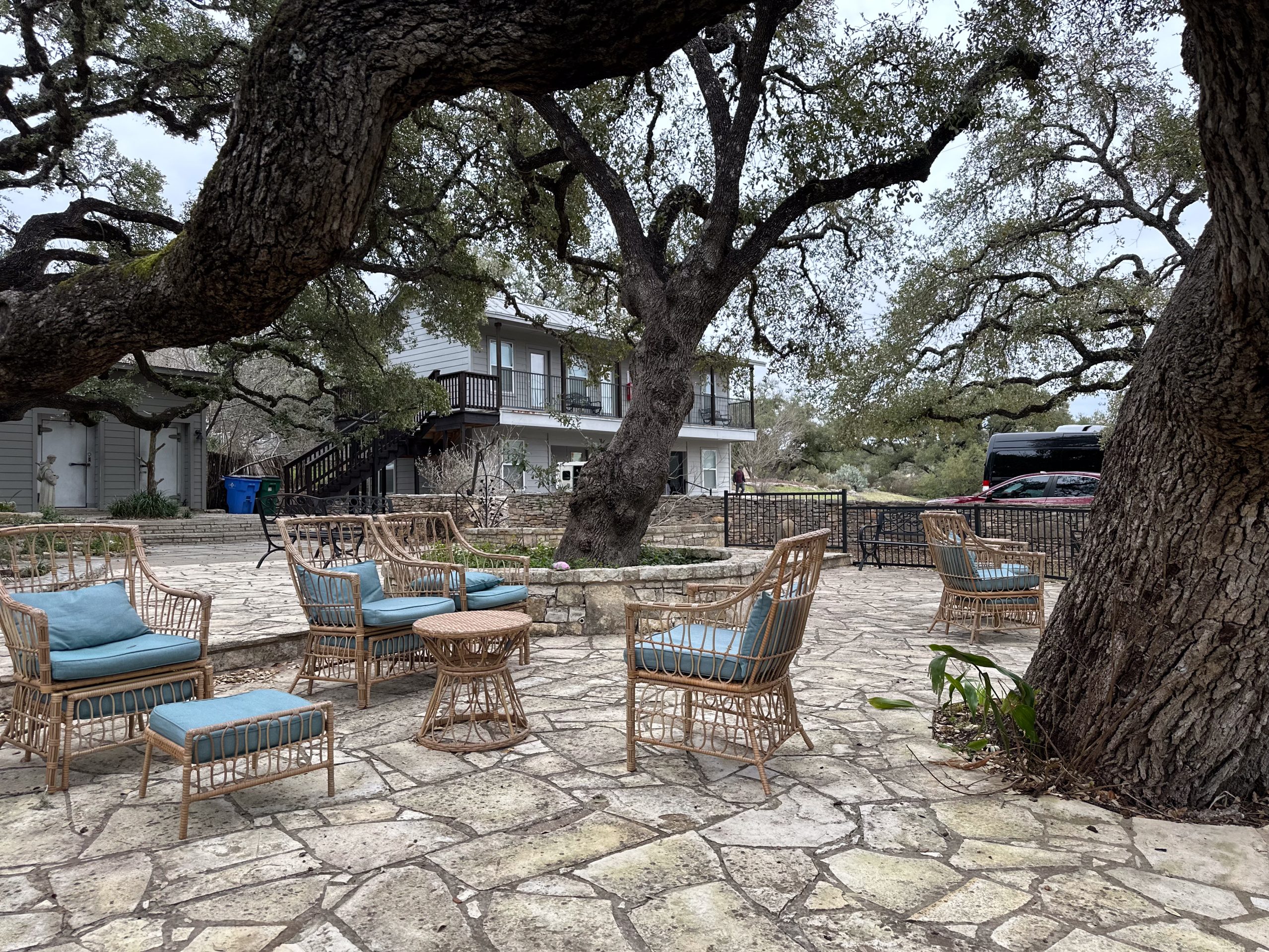
How Venlafaxine Works
Venlafaxine belongs to a group of drugs called SNRIs. It increases serotonin and norepinephrine in the brain. This change can improve mood and reduce anxiety.
People of all ages take Effexor. However, it is especially common among young adults who struggle with mental health conditions.
Side Effects of Effexor
Effexor works well for many people, but it can cause side effects. These may include:
- Headaches
- Dry mouth
- Nausea
- Dizziness
- Sweating
- High blood pressure
Some people also report problems with sleep or appetite. In rare cases, the drug may lead to serious or even life threatening issues.
Venlafaxine Withdrawal Symptoms
Stopping Effexor quickly can lead to effexor withdrawal symptoms. These include:
- Dizziness
- Nausea
- Flu like symptoms
- Trouble sleeping
- Anxiety
- Mood swings
- “Brain zaps” or shock-like feelings
These venlafaxine side effects withdrawal reactions can feel overwhelming. For this reason, it’s best to follow a taper plan when stopping.
Effexor Withdrawal Timeline
The effexor withdrawal timeline is different for everyone. Still, most people follow a general pattern.
- Days 1–3: Light symptoms start, like headaches and restlessness
- Days 4–7: Symptoms become stronger. You may feel dizzy or tired
- Week 2: Emotional symptoms like sadness or anxiety increase
- Week 3 and beyond: Some mild issues may linger for a while
People who have taken Effexor for a long amount of time may face longer recovery periods.
How to Stop Effexor Safely
Wondering how to stop Effexor the right way? The answer is: taper slowly.
Doctors can help you lower the dose step by step. This makes the process safer and easier.
Weaning off Effexor side effects may still happen, but they are often milder with a proper taper. You may feel dizzy or tired, but the symptoms don’t last as long.
Getting Off Effexor With Help
Getting off Effexor isn’t something you need to do alone. Support from professionals makes a big difference managing the side effects of effexor antidepressant.
Is Effexor Addictive?
Effexor doesn’t create a high, but it can still lead to substance use disorders. Over time, people may rely on it to feel “normal.”
Those with past substance abused problems are at higher risk. Mixing Effexor with drugs and alcohol increases the danger.
Freedom Starts Here. Take Back Your Life Today.
Same-Day Admissions in Austin Available.
Inpatient and Outpatient Rehab Options
When Effexor misuse occurs, rehab may be the best next step. There are two main types of care:
Inpatient Drug Rehab
- Full-time care
- 24/7 support
- Great for people with severe withdrawal symptoms
- Offers therapy and structure
Outpatient Drug Rehab
- Part-time care
- You live at home
- Attend therapy during the week
- Ideal for those with mild symptoms and strong home support
A third option is an intensive outpatient program. This program offers more support than regular outpatient care but allows you to sleep at home.
Residential Treatment and Sober Living Homes
After detox, many people benefit from residential treatment. These programs give structure and daily therapy.
Some also stay in a sober living home. These homes provide:
- Peer support
- Drug testing
- Help with job or school
- A safe, drug-free space
Both options help people build healthy routines.
Support for Family Members
Family members often want to help but don’t know how. Family therapy is one option. These sessions teach communication and offer support during addiction recovery.
Recovery From Addiction
Recovery from addiction to Effexor includes more than detox. Long-term change takes time, patience, and care.
Steps may include:
- Counseling
- Group support
- Healthy routines
- Managing mental health conditions
If you stay in treatment, the chances of long-term success improve.
What the Experts Say
The National Institute on Drug Abuse recommends long – term addiction treatment for most people. This means 90 days or more. It gives your brain and body time to heal.
Special Risks and Medical Concerns
Mixing Effexor with drinking alcohol or other medications can cause serious problems. Always tell your doctor about your full medical history.
In some cases, stopping Effexor may trigger a new or worsened medical condition. These risks are why professional supervision is so important.
Staying Sober
Staying sober after Effexor means building a healthy life. Avoid triggers, stay active, and keep in touch with your care team.
Recovery doesn’t mean you’re weak. It means you’re strong enough to choose a better path.
Final Thoughts
Effexor can be a helpful treatment for depression and anxiety, but it comes with risks. If you or a loved one needs help, reach out. Nova Recovery Center offers:
- Inpatient drug detox
- Outpatient drug rehab
- Intensive outpatient programs
- Residential drug rehab
- Sober living homes
We also work with young adults, families, and people dealing with co-occurring conditions.
You don’t have to face withdrawal alone. Call Nova Recovery Center today and take the first step toward a healthier life.
More Time. More Joy. More You. Start Now.
WE ACCEPT MOST INSURANCES







Our Drug and Alcohol Rehab Services in Texas
Freedom Starts Here. Take Back Your Life Today.
Same-Day Admissions in Austin Available.
Nova’s Comprehensive Continuum of Care Plan
90-Day Residential Alcohol and Drug Rehab

Our 90-day residential drug and alcohol rehab in Austin center provides a safe, comfortable, and supportive space for you to heal, learn, and recover. Unlike other 30 or 60-day programs, our long-term rehab program gives you more time to adjust to a new way of living, more time to practice the mental and spiritual tools you will use outside of rehab, and more time to acclimate into a recovery community. This 90-day time span promotes genuine and lasting change for sobriety that lasts long after inpatient rehab ends.
Drug and Alcohol Detox

Our medical detox programs treat all kinds of addictions and are tailored to meet your individual needs. We use a comprehensive assessment to design a personalized detox program that will ensure your comfort and safety throughout the withdrawal process. You’ll also have the opportunity to begin individual and group therapy to address any emotional issues and prepare for the transition into a rehab program. We believe this process provides the best foundation for continued sobriety.
Aftercare Program and IOP

Our Intensive Outpatient and Aftercare programs are designed to assist those who have graduated from our inpatient residential facility. Group sessions are available in Austin and Houston and provide structured addiction treatment sessions and recovery counseling in a safe, clinical setting. The first year of recovery can be difficult, but these support groups provide consistency, accountability, and peer support at a time when it’s needed most.
Sober Living Apartments

The transition from a residential rehab center into independent sober life is littered with obstacles. For this reason, we provide sober living homes and support programming for clients who need continued support as they make the transition. With regular drug and alcohol screenings, one-on-one sobriety coaching, and a safe, comfortable place to practice relapse prevention strategies, our sober living program is key to achieving an independent, substance-free life.
More Time. More Joy. More You. Start Now.
WE ACCEPT MOST INSURANCES










